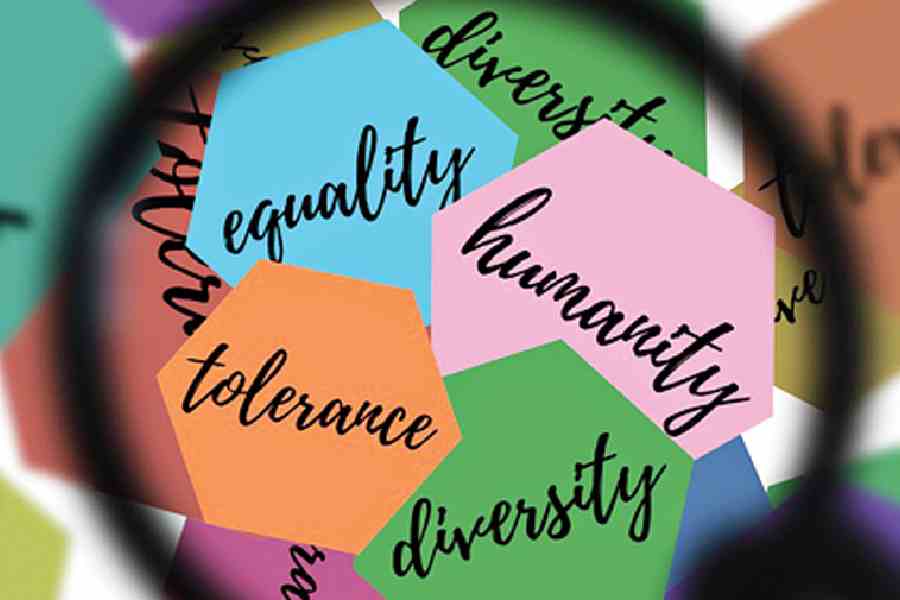In a recent classroom discussion with executive MBA participants, a familiar yet pressing question came up: should companies invest in Diversity, Equity, and Inclusion if the returns aren’t immediate? The conversation deepened when an executive shared her organisation’s experience. Several of its American clients, she noted, had begun rolling back DEI commitments, creating strategic uncertainty for firms that had once aligned with those expectations.
Indeed, over the past year, a number of major global corporations, including Google, Meta, Disney, and Walmart, have scaled back DEI initiatives. The motivations vary: political backlash, legal ambiguity following recent court rulings in the US, budget constraints, and scepticism over the tangible returns of such programmes.
These shifts reflect broader tensions around evolving stakeholder expectations, reputational risk, and cultural divergence in global markets. For Indian companies, particularly those that modelled their practices on global benchmarks, this trend raises uncomfortable questions. If diversity is no longer a criterion in vendor selection or client partnerships, does DEI remain a strategic imperative or become a dispensable cost centre? The reassessment is especially pressing for firms heavily reliant on US-based clients.
Closer home, a report by BasilTree Consulting, DEI in India Inc. 2025, offers a sobering assessment of inclusion efforts in Indian business. It finds that 35% of firms fall into the “Emerging” category — the least mature level in the DEI maturity framework. At this stage, initiatives are often compliance-driven, narrowly scoped, and poorly integrated into broader strategic goals.
And yet, the long-term business case for DEI remains strong. A 2017 scholarly review of research on diversity and firm performance found consistent evidence linking inclusion to innovation, improved decision-making, and long-term value creation. More recently, Quinetta M. Roberson, writing in the MIT Sloan Management Review, explained how embedding DEI into a firm’s strategic core can strengthen its resilience and adaptability.
This resilience is often anchored in something deeper than policy — values. As James C. Collins and Jerry I. Porras famously argued in Harvard Business Review, authentic core values don’t require external validation. They endure because they reflect what founders and leaders genuinely believe in — not just what the market demands. That distinction is vital in today’s environment. A few Indian companies have embraced DEI not just for compliance or competitive advantage but as a principle. These organisations are more likely to hold their course even as global sentiment shifts. For firms where DEI is truly embedded, this may be a moment not of retreat but of leadership.
It is also important to recognise that not all global clients are reversing their DEI stance. Companies with a diverse international customer base will need to take a more nuanced approach — tailoring their strategy to reflect the varied expectations of different markets.
Back in the classroom, I asked the group which companies they believed would stand by their DEI commitments and which might abandon them under pressure. After a thoughtful pause, one student offered a quietly powerful answer: “Those that truly believe DEI are part of who they are.”
The executive, who had earlier described the rollback in her organisation’s client base, concluded that this period of uncertainty may well serve as a turning point. For Indian firms, it is a moment not just of risk, but of reflection. Those that choose to reaffirm their commitment to inclusion will be better placed to build cultures of innovation, resilience, and trust.
Ultimately, holding the line on DEI is not merely a strategic act — it is a mark of principled leadership. And in times of uncertainty, such leadership becomes all the more essential.
Abu Rehan Abbasi is an Assistant Professor of Strategy at IIM Kashipur










